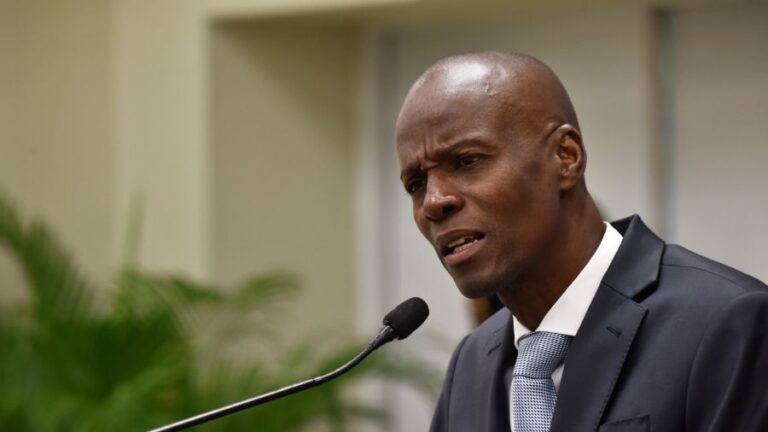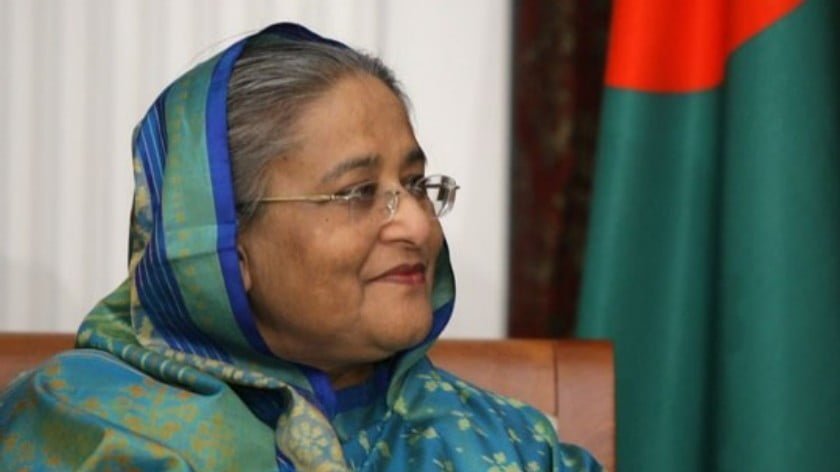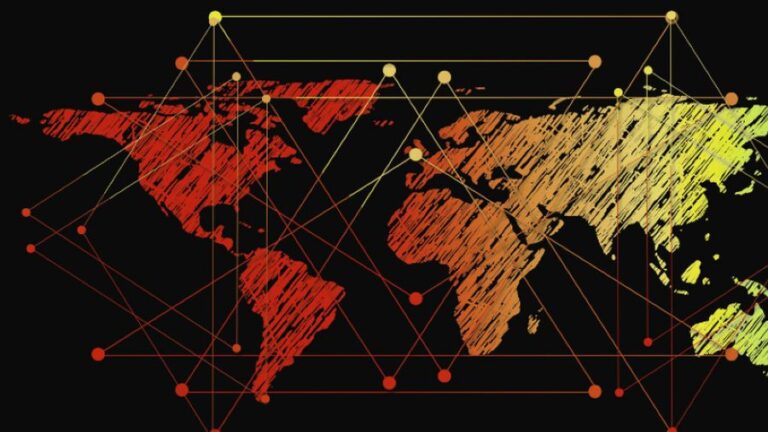Sberbank’s Ambitious Plans Raise Hope For Russia’s Technological Future
Russian state-owned bank Sberbank’s ambitious plans to become a ubiquitous force in all aspects of life through its recently unveiled e-commerce strategy raise hope for the Eurasian Great Power’s technological future and could ultimately come to represent the economic dimension of President Putin’s Populist Statism model, which might in turn might make his country a more attractive “balancing” partner for other “neutral” countries amid the global technological rivalry between the US and China.
The Eurasian Great Power’s Rising Goliath
The Russian economy consistently ranks among the highest and most promising in the world, but an objective criticism that’s been made about it by many is that it lacks technological competitiveness with its peers, especially the US and China. That might all be about to change after Russian state-owned bank Sberbank’s ambitious plan to become a ubiquitous force in all aspects of life through its recently unveiled e-commerce strategy that was analyzed at length by The Moscow Times in its detailed piece on Wednesday about how “Sberbank’s Big Plan To Become Russia’s Consumer Goliath Takes Shape”. The outlet elaborated how the 179-year old institution aims to become “the equivalent of Amazon, Uber, Netflix and Deliveroo all rolled into one company”. They also noted how “It already has stakes in one of Russia’s top online streaming services, the country’s largest fast food delivery app, a ride-hailing and taxi firm, two rapidly-growing express grocery delivery outfits, a logistics arm, mapping and GPS services, a headhunting service, a host of popular online media outlets and an online education service being used by half a million Russian schoolchildren.”
Sberbank’s Global Competitive Mindset
Its future plans are made possible by what they describe as its “quasi-monopoly status”. Because “It has some 98 million clients — representing more than 80% of all Russian adults…issues more mortgages than every other Russian bank combined, and oversees almost half of the country’s entire bank deposits and retail loan portfolio…[it has] plenty of cash to invest.” Considering his vast financial empire, Sberbank CEO German Gref said earlier this week that “Sber is a support for the government to develop the economy. We help the population, develop small businesses, share our technologies, transform industries and prompt digitization.” There’s also an element of economic nationalism to his plans. The Moscow Times wrote that “’Foreign ecosystems are a serious competitor,’ he said, citing Google, China’s Alibaba and Facebook’s plans for financial services. He then held up his phone to acknowledge the likes of Apple, Samsung and Huawei. With its position in Russia’s banking market secure, it is these companies that Sberbank — and Russia — see as competition. ‘Either Russia can feed foreign ecosystems or we can develop domestic ones,’ Gref said.”
Looking Askance At The People’s Republic
Taken together, Sberbank’s ambitious plans, competitive mindset, and state backing make it the player most capable of pioneering Russia’s technological future. Nobody else has the means or support to even come close, and in this day and age where serious concerns exist that Russia might once again be “falling behind” its foreign peers but this time at a pivotal moment where it might never be able to “catch up” again like it always seems to eventually do, all the country’s hopes rest on it being able to deliver what Gref promised. Although the Russian government is on pretty good terms with China, an increasingly obvious element of “friendly competition” is emerging in the geopolitical sphere, particularly within the Russia-India-China (RIC) triangle as the author analyzed at length in his analysis three months ago asking, “Is Russia ‘Abandoning’ Or ‘Recalibrating’ Its ‘Balancing’ Act Between China & India?” Unlike China’s other closest strategic partners elsewhere in the world, Russia is very reluctant to let the People’s Republic dominate its information-communication technology sphere, both for reasons of national prestige but also economic pragmatism as well. Trust is also lacking too.
“Balancing” Between The US & China
For these reasons, faced with the near-impossibility of clinching its long-desired “New Detente” with the US and comfortably relying on that country’s services (especially in the event that Biden’s attempted seizure of power is successful and this dream’s American visionary is removed from office after only a single term) and increasingly suspicious of the long-term strategic consequences of letting China dominate its technological sphere, Russia decided to carve out a third path instead. This involves heavily investing into its financial giant’s transformation into a digital colossus so as to maximally preserve its sovereignty as well as stand a chance of becoming a leading international technological player. The latter goal might only be realistic within Russia’s post-Soviet “sphere of influence”, but if Sberbank plays its cards right, then it could in theory present itself as a neutral third-party force for helping those countries that are caught between the US and China in the New Cold War‘s “New Bipolarity” better “balance” between those superpowers’ technological “spheres of influence”, thus dovetailing with Moscow’s grand strategic vision of becoming this century’s supreme “balancing” force.
Populist Statism In The Age Of Complexity
It should also be said that the successful implementation of Sberbank’s ambitious plans could also represent the economic dimension of what the author described two month’s ago as President Putin’s envisioned Populist Statism model that the Russian leader articulated during his keynote speech at this year’s Valdai Club annual meeting in October. The reader should review the insight shared within the aforementioned hyperlink about this concept to learn more about it, but the gist is that President Putin foresees the continuation of his country’s long-standing tradition of strong state governance, albeit becoming increasingly flexible and receptive to the needs of the population in order to better manage the unpredictable twists and turns of what some have called the contemporary “Age of Complexity”. The highest priority is placed on ensuring state sovereignty, which is precisely what Sberbank’s plans aim to to do if successful, hence its leading relevance to this visionary system of socio-economic and political management which is perfectly suited for adapting to the “Fourth Industrial Revolution” that’s been dramatically advanced by World War C over the past year.
Concluding Thoughts
The world’s uncoordinated efforts to contain COVID-19 have unleashed unprecedented global chaos but also many unexpected opportunities as well, which is what the author means by World War C. Russia’s “vaccine diplomacy” has seen it taking the lead in organizing the world’s epidemiological recovery efforts, which it can then leverage for the purpose of spreading its resultant influence throughout other spheres of its new partners’ countries, such as the technological one which is increasingly relevant amid the US-Chinese “tech race” that forms a key dynamic of the New Cold War. The “New Bipolarity” might therefore not be as disadvantageous to Russian interests as some of its multipolar strategists feared so long as the Eurasian Great Power is able to combine its newfound epidemiological and prospective technological influence for the purpose of advancing the country’s envisioned grand strategy of becoming this century’s supreme “balancing” force. While it’s clearly leading in the first-mentioned category, it’s still lagging behind in the second, though that’s why so many hopes are being pinned on Sberbank’s ambitions since its success could revolutionize Russia’s global strategic position.







